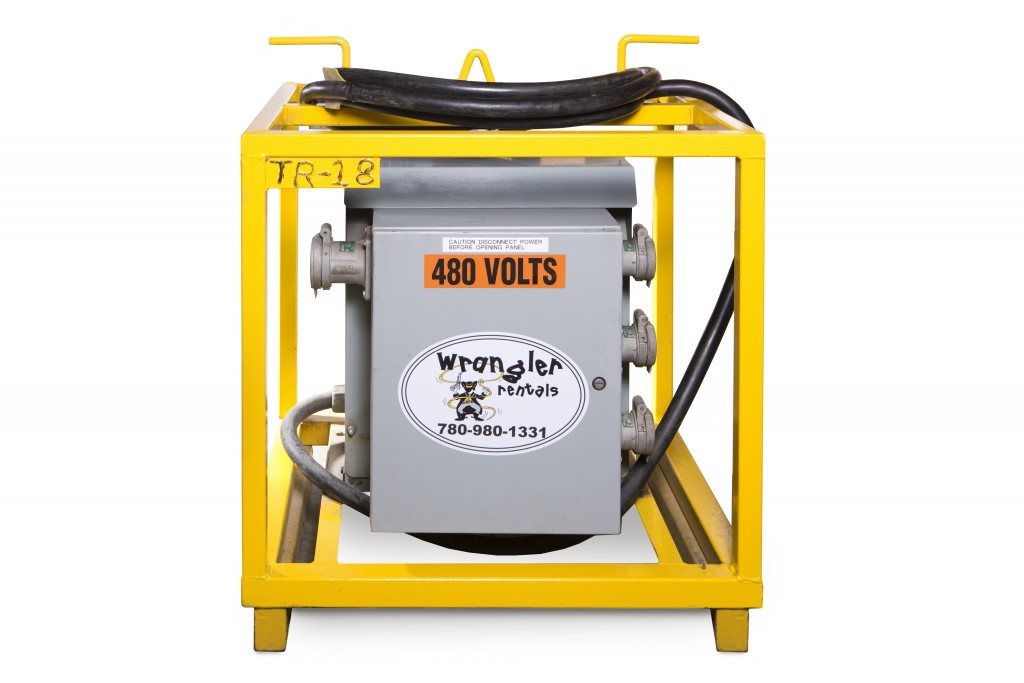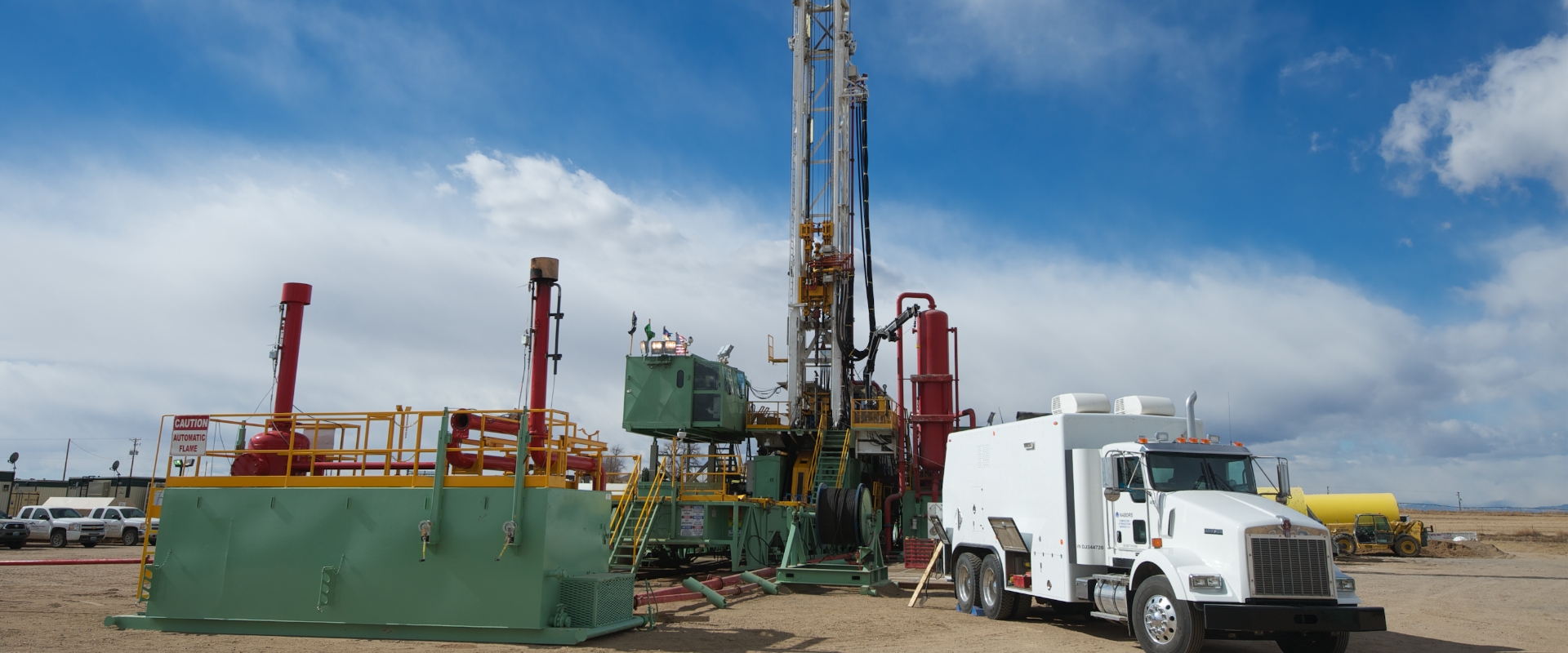Superior Rentals midland: trusted solutions for oil and gas
A Comprehensive Overview to the Various Sorts Of Oil Field Equipment and Pipeline Equipment Available
The oil and gas industry relies heavily on customized tools for reliable removal and transport. Various kinds of machinery, from drilling rigs to tank, play vital roles in this complex process. Each piece of equipment offers distinctive functions that add to overall functional success. Understanding these elements is important for anyone associated with the market. As the market progresses, so as well do the innovations that support it. What improvements are on the perspective?

Drilling Rigs: The Backbone of Oil Expedition
Drilling rigs work as the necessary machinery in the domain name of oil exploration, making it possible for companies to gain access to hydrocarbon gets buried deep underneath the Planet's surface. These rigs come in numerous types, including land rigs, offshore rigs, and mobile units, each made to run in specific atmospheres. Geared up with innovative technology, piercing rigs can permeate geological formations with precision, making sure effective resource removal. The architectural stability and functional capacities of these rigs are vital, as they must withstand extreme problems and significant stress. In addition, the choice of an exploration gear impacts the general task cost and timeline, making it a crucial factor to consider for oil firms seeking to maximize their exploration efforts and optimize performance in their operations.
Pumps: Necessary for Liquid Motion
In the oil removal procedure, the duty of pumps is substantial, promoting the activity of liquids throughout different stages of production. Pumps are essential for transporting petroleum, water, and various other fluids from below ground reservoirs to the surface and after that via pipelines to refineries. They come in numerous kinds, consisting of centrifugal, positive displacement, and completely submersible pumps, each serving details functions based on the liquid attributes and operational needs. Centrifugal pumps are frequently utilized for their efficiency in high-flow applications, while positive variation pumps stand out in managing viscous fluids. The option of pump effects total effectiveness, operational safety, and maintenance expenses. Proper option and upkeep of pumps are important for enhancing production and minimizing downtime in oil area operations.
Shutoffs: Managing Flow and Pressure

Valves play a crucial duty in managing the flow and pressure of fluids within oil fields and pipes. Numerous types of valves serve distinctive applications, each created to accomplish particular features basic for efficient procedure - Superior Rentals midland. Understanding the features and uses these shutoffs is crucial for maximizing system efficiency and security
Kinds of Valves
Essential elements in oil field procedures, valves play an important role in regulating the flow and pressure of liquids within pipelines and devices. Numerous sorts of valves are made use of to meet the diverse requirements of oil and gas manufacturing. Common kinds include gateway valves, which offer a straight-line flow and very little pressure drop; world valves, recognized for their throttling abilities; and sphere valves, recognized for their quick on/off control. Furthermore, check shutoffs stop backflow, while butterfly valves supply a lightweight remedy for controling circulation. Each shutoff kind is created with specific products and configurations to hold up against the severe problems commonly discovered in oil fields, guaranteeing reliability and performance in procedures. Understanding these types is vital for reliable system administration.
Valve Applications and Features
While numerous sorts of valves offer distinct purposes, their main applications rotate around regulating flow and pressure within oil and gas systems. Valves such as gate, globe, and ball shutoffs control liquid movement, ensuring peak performance and safety and security. Entrance shutoffs are frequently used for on/off control, giving minimal flow resistance. World valves, on the other hand, offer exact flow policy, making them ideal for throttling applications. Ball valves are preferred for their quick operation and limited securing capacities. Additionally, stress alleviation shutoffs are critical for protecting against system overpressure, protecting equipment stability. Generally, the appropriate option and application of shutoffs improve functional effectiveness, making certain the reputable transportation of oil and gas with pipes and processing centers.
Compressors: Enhancing Gas Transportation
Compressors play an essential function in the efficient transport of gas, making certain that it moves efficiently through pipelines over cross countries. These tools enhance the pressure of gas, allowing it to conquer rubbing and elevation modifications within the pipeline system. In addition, compressors promote the balancing of supply and demand, accommodating variations in intake and production rates. Numerous sorts of compressors are employed in the industry, including centrifugal, reciprocating, and rotary screw compressors, each offering distinct benefits based on the operational needs. Normal upkeep of these compressors is vital to maximize effectiveness and lessen downtime, ultimately adding to a trusted gas transportation network. Their critical feature highlights the importance of compressors in the overall oil and gas facilities.
Storage Tanks: Safe and Reliable Fluid Monitoring
Efficient transport of natural gas depends on various supporting systems, among which is the appropriate management of tank. These containers play a necessary duty in safely consisting of liquids, ensuring that operational efficiency is maintained while reducing environmental dangers. Constructed from sturdy materials, they are designed to hold up against high stress and destructive components. Properly sized and purposefully located, storage look at here space tanks promote the smooth flow of natural gas and various other liquids, avoiding bottlenecks in supply chains. Routine maintenance and tracking are vital to identify leaks or structural problems, promoting safety and security and compliance with regulative standards. Ultimately, the effective administration of tank is crucial for the general integrity and integrity of the oil and gas industry's fluid handling systems.
Pipeline Solutions: Facilities for Transportation
Pipeline systems offer as the backbone of the oil and gas sector, helping with the effective transportation of hydrocarbons over huge ranges. These systems include different parts, consisting of pipes, valves, pumps, and compressors, all thoroughly made to ensure seamless flow. The materials made use of in pipeline construction, typically steel or high-density polyethylene, are picked for longevity and resistance to corrosion. Pipeline networks can span throughout land and water, attaching manufacturing sites to refineries and circulation. Furthermore, advanced technology enables real-time tracking of circulation prices and stress degrees, boosting operational performance. The calculated positioning of these pipes decreases ecological effect while optimizing source accessibility, thereby playing a vital function in conference power needs globally.
Safety Equipment: Making Sure Worker and Environmental Security
The operation of pipeline systems, while necessary for power transport, also provides significant safety challenges for workers and the atmosphere. Safety devices plays a considerable function in minimizing these risks. Personal safety tools (PPE) such as safety helmets, handwear covers, and non-slip shoes safeguards workers from physical risks. In addition, gas detection systems monitor for leaks, making certain that hazardous compounds do not pose a threat to personnel or the bordering ecosystem. Emergency situation shutdown systems are vital for promptly stopping operations during a situation, protecting against prospective catastrophes. Spill containment materials, including absorbents and obstacles, are basic for decreasing ecological effect. In general, buying all-inclusive security devices is critical for preserving operational stability and shielding both employees and the setting in the oil and gas sector.

Often Asked Questions
Just how Do I Choose the Right Oil Field Equipment for My Job?
Picking the best oil area equipment includes examining task specs, budget plan backhoe for sale by owner near me restraints, and operational demands. Take into consideration variables such as equipment dependability, compatibility with existing systems, and the distributor's reputation to assure peak efficiency and safety and security.
What Are the Maintenance Demands for Oil Field Equipment?
Maintenance needs for oil area tools include regular inspections, lubrication, and prompt fixings. Operators needs to likewise comply with producer standards, monitor efficiency metrics, and guarantee conformity with safety policies to boost longevity and efficiency.

Exactly How Can I Make Certain Conformity With Environmental Rules?
To guarantee conformity with ecological policies, companies must conduct regular audits, implement ideal methods, buy training, keep proper documentation, and stay upgraded on regulation (Superior Oilfield Rentals oilfield). Collaboration with environmental agencies can also improve adherence to guidelines
What Is the Average Life-span of Pipeline Equipment?
The typical lifespan of pipeline equipment generally ranges from 20 to half a century, relying on Find Out More variables such as material top quality, ecological conditions, and maintenance practices. Routine evaluations can greatly influence durability and functional performance.
How Do I Securely Transfer Oil Field Equipment to Remote Locations?
Transferring oil area devices to remote areas needs mindful preparation, consisting of path analysis, protecting authorizations, utilizing suitable cars, and making sure safety methods are complied with. Proper training and communication amongst staffs are vital for successful transport.